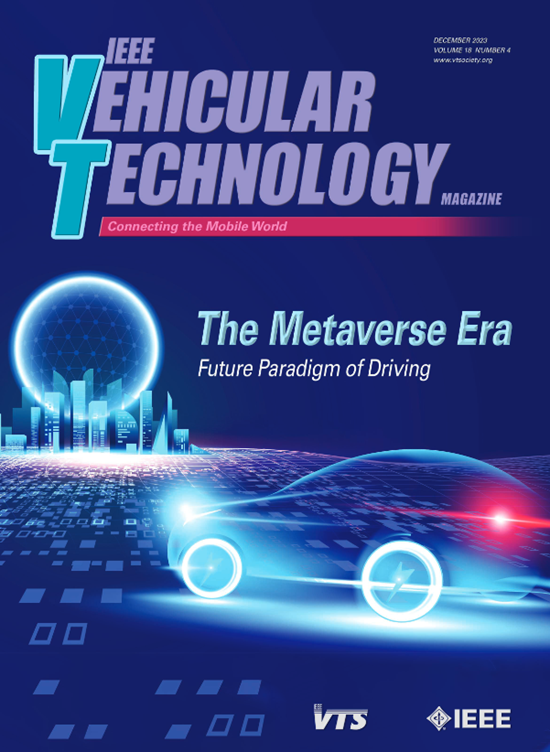电动汽车互联网的移动充电服务:概念、场景和挑战
IF 5.8
2区 计算机科学
Q1 ENGINEERING, ELECTRICAL & ELECTRONIC
引用次数: 0
摘要
电动汽车是可持续交通领域发展的重要推动者之一。然而,电动汽车广泛采用的一个主要障碍是其电池容量有限,以及为耗尽的电池充满电所需的时间过长。尽管使用快速充电器充电和电池更换等技术可能会部分缓解这种担忧,但对于电动汽车采用率较低的地区来说,相应的高资本投资可能无法盈利。此外,随机分布的电动汽车在空间和时间上的多样化充电需求限制了当前固定充电站的高质量服务。为了解决这些挑战,移动充电服务(MCS)已被研究为电动汽车的补充充电方法,其中能量补充由移动充电车辆(MCV)提供。在电动汽车互联网(IoEV)的框架下,本文描述了MCS的概念,并研究了它们在一些不同的充电场景下的充电优点,例如实时响应服务和紧急救援服务。研究了一个关于实时响应服务的案例,以说明MCS对当前充电系统的影响。仿真结果表明,MCS能够通过降低平均服务时间和服务接受率来提高计费服务质量。最后,讨论了电动汽车MCS的技术挑战、未来的研究问题和可能的方法。本文章由计算机程序翻译,如有差异,请以英文原文为准。
Mobile Charging Services for the Internet of Electric Vehicles: Concepts, Scenarios, and Challenges
Electric vehicles (EVs) are one important enabler for the evolution of sustainable transportation sector. However, one major barrier to the widespread adoption of EVs is their limited battery capacity and the excessive time required to fully charge depleted batteries. Although techniques such as charging with a rapid charger and battery swapping may partially alleviate such concerns, the corresponding high capital investment may not be profitable for areas with low EV adoption rates. Moreover, the diversified charging demands of randomly distributed EVs, both spatially and temporally, restrict high-quality services from current fixed charging stations (FCSs). To resolve such challenges, mobile charging services (MCSs) have been investigated as a supplemental charging method for EVs, wherein energy replenishment is provided by mobile charging vehicles (MCVs). Under the framework of the Internet of EVs (IoEV), this article describes the concept of MCSs and investigates their charging merits under some distinct charging scenarios, e.g., real-time response service and emergency rescue service. A case study concerning real-time response services is investigated to illustrate the influence of MCSs on the current charging system. Simulation results demonstrate the ability of MCSs to improve the quality of charging service by reducing the average service time and service acceptance ratio. Finally, technical challenges, future research issues, and possible methodologies regarding the MCSs for EVs are discussed.
求助全文
通过发布文献求助,成功后即可免费获取论文全文。
去求助
来源期刊

IEEE Vehicular Technology Magazine
ENGINEERING, ELECTRICAL & ELECTRONIC-TELECOMMUNICATIONS
CiteScore
14.10
自引率
1.20%
发文量
66
审稿时长
>12 weeks
期刊介绍:
IEEE Vehicular Technology Magazine is a premier publication that features peer-reviewed articles showcasing advancements in areas of interest to the IEEE Vehicular Technology Society. Our scope encompasses theoretical, experimental, application, and operational aspects of electrical and electronic engineering relevant to motor vehicles and associated land transportation infrastructure. This includes technologies for terrestrial mobile vehicular services, components, systems, and auxiliary functions within motor vehicles, as well as components and systems used in both automated and non-automated facets of ground transport technology. The magazine focuses on intra-vehicular components, systems, and applications, offering tutorials, surveys, coverage of emerging technology, and serving as a platform for communication between the IEEE VTS governing body and its membership. Join us in exploring the latest developments in vehicular technology.
 求助内容:
求助内容: 应助结果提醒方式:
应助结果提醒方式:


